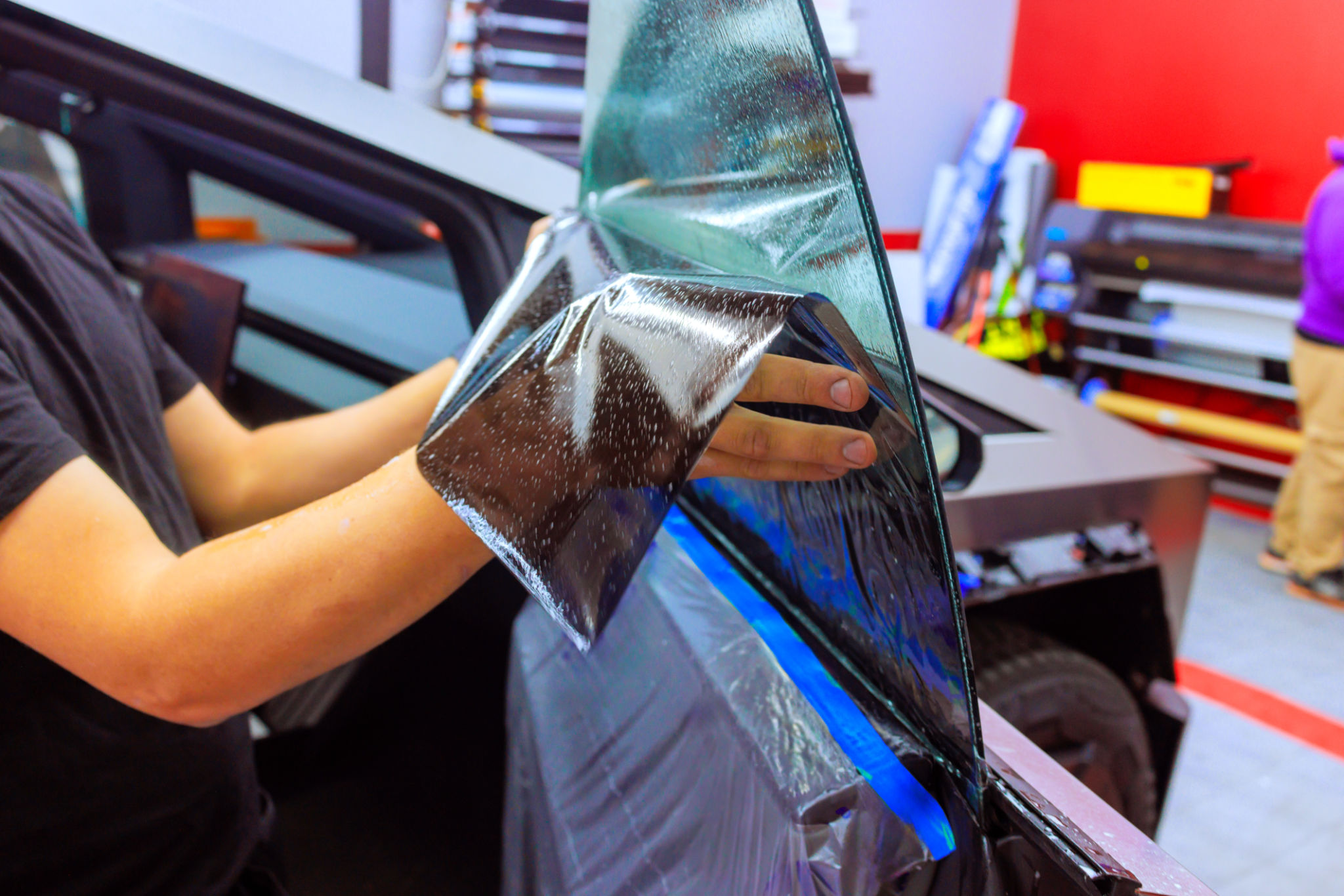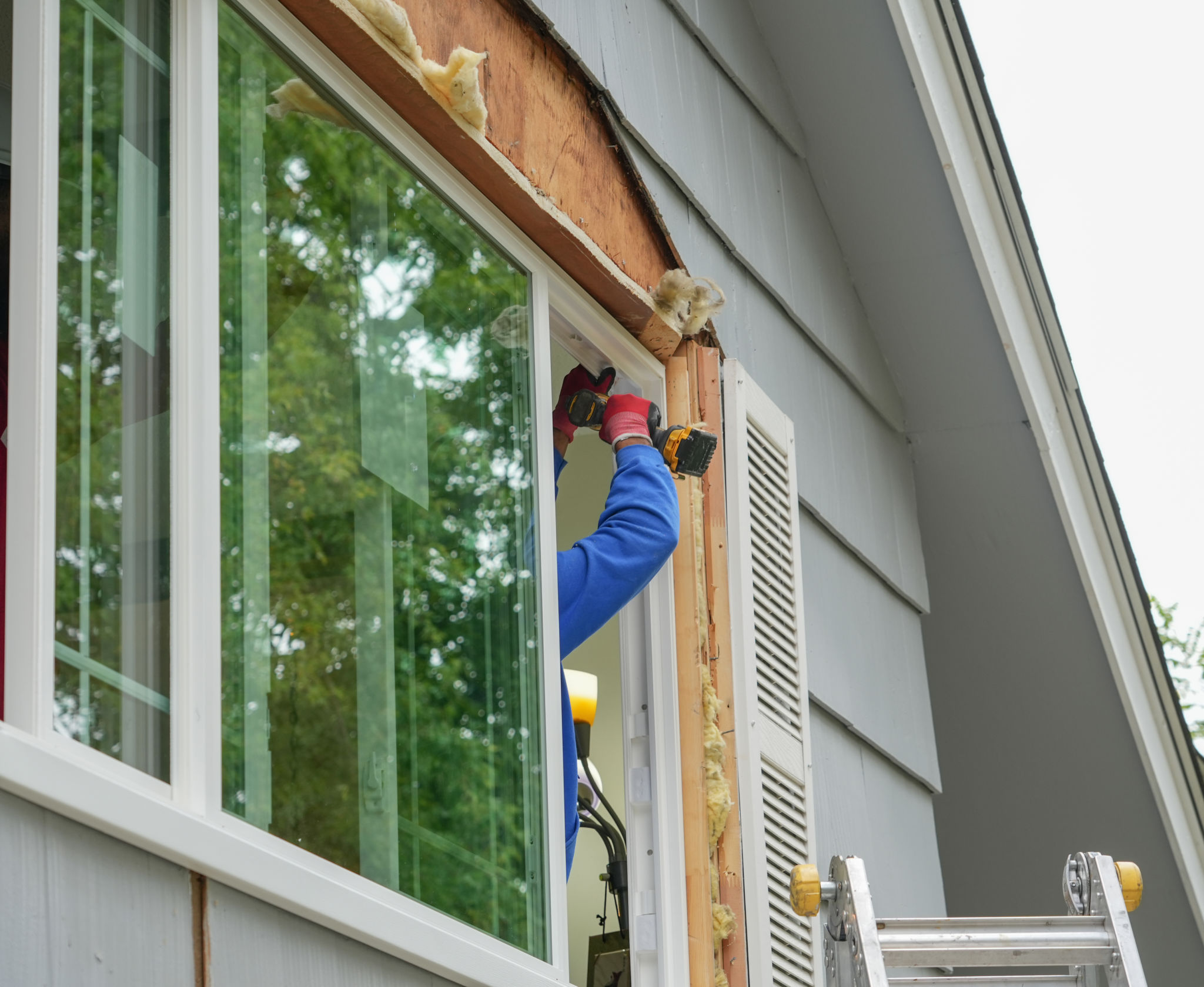Common Myths About Window Tinting Debunked
Understanding Window Tinting
Window tinting often sparks debates among car enthusiasts, homeowners, and business owners. While some people swear by its benefits, others are hesitant due to prevalent myths and misconceptions. As a result, many forgo the advantages of window tinting based on false information. In this blog post, we aim to debunk some common myths about window tinting.

Myth 1: Window Tinting is Only for Aesthetic Purposes
One of the most common misconceptions is that window tinting is purely for aesthetics. While it's true that tinted windows can enhance the appearance of a vehicle or building, their benefits go far beyond looks. Window tinting provides UV protection, which helps in blocking harmful ultraviolet rays. This not only protects the skin but also prevents interior materials from fading.
Moreover, window tinting can significantly reduce heat inside a vehicle or room, leading to improved comfort and reduced energy costs. By cutting down on the need for air conditioning, it contributes to energy efficiency as well.
Myth 2: Window Tinting is Illegal
Another widespread myth is that window tinting is illegal everywhere. In reality, window tinting is legal in most places, but regulations may vary regarding the level of darkness permitted. Different states and countries have specific laws detailing how dark or reflective window tints can be.

It's essential to check local regulations before tinting your windows to ensure compliance. Most professional window tinting services are well-versed in these laws and can offer guidance to ensure your tint meets legal standards.
Myth 3: Window Tinting is Expensive
Many people assume that window tinting is a costly luxury. However, the cost of window tinting is relatively affordable, especially when considering its long-term benefits. The initial investment can lead to significant savings on energy bills and maintenance costs by protecting interiors from UV damage.
Moreover, the added privacy and security can be invaluable. Tinted windows make it more difficult for would-be thieves to see inside your vehicle or home, deterring potential break-ins.

Myth 4: Window Tinting Reduces Visibility
Some believe that applying a window tint will impair visibility from inside a vehicle or building. While extremely dark tints could affect visibility, legal tints are designed to maintain clear sightlines while providing the benefits of reduced glare and increased privacy.
Modern window films are engineered to enhance visibility during both day and night, ensuring that your view remains unobstructed while still benefiting from UV protection and heat reduction.
Conclusion
Window tinting offers a multitude of benefits that extend beyond mere aesthetics. From UV protection and energy efficiency to privacy and security, it proves to be a worthwhile investment. By debunking these common myths, we hope to provide a clearer understanding of what window tinting truly offers. If you're considering window tinting, consult with a reputable provider to explore the best options that comply with local regulations.
